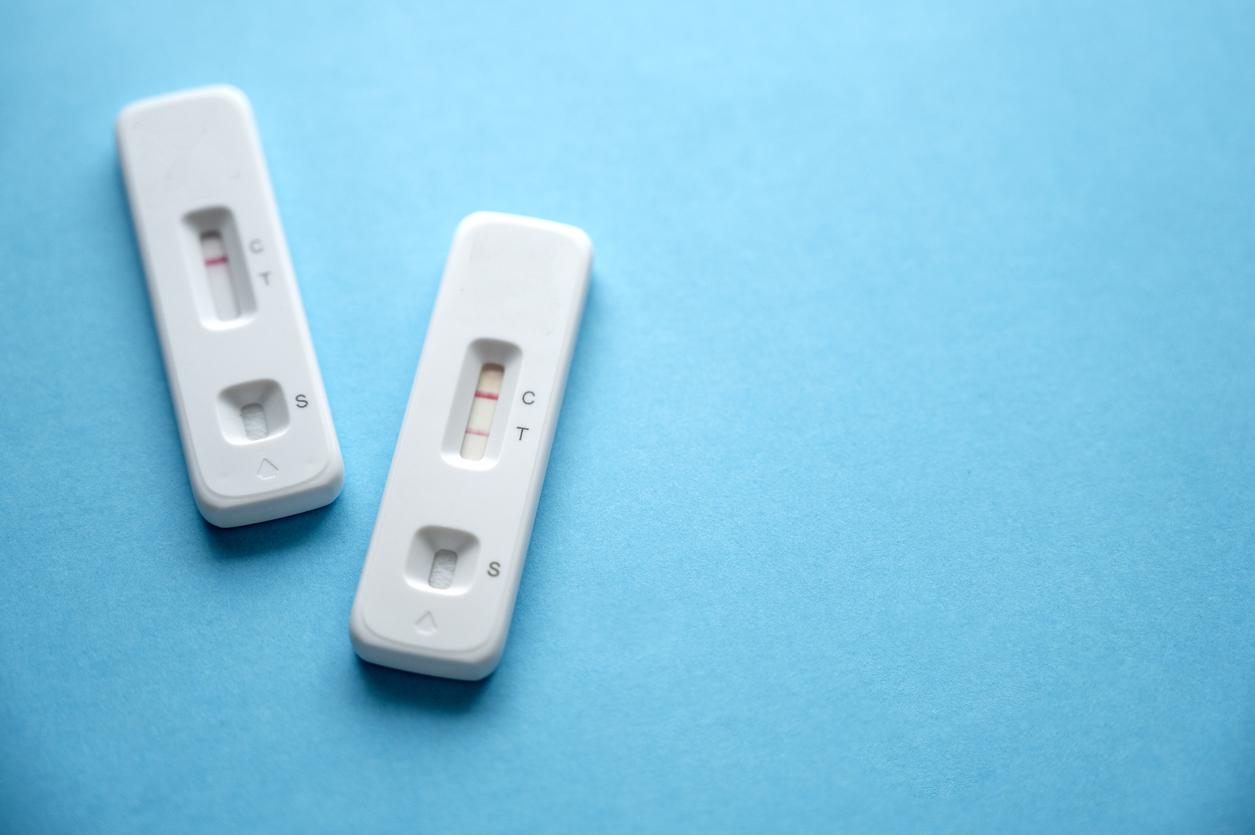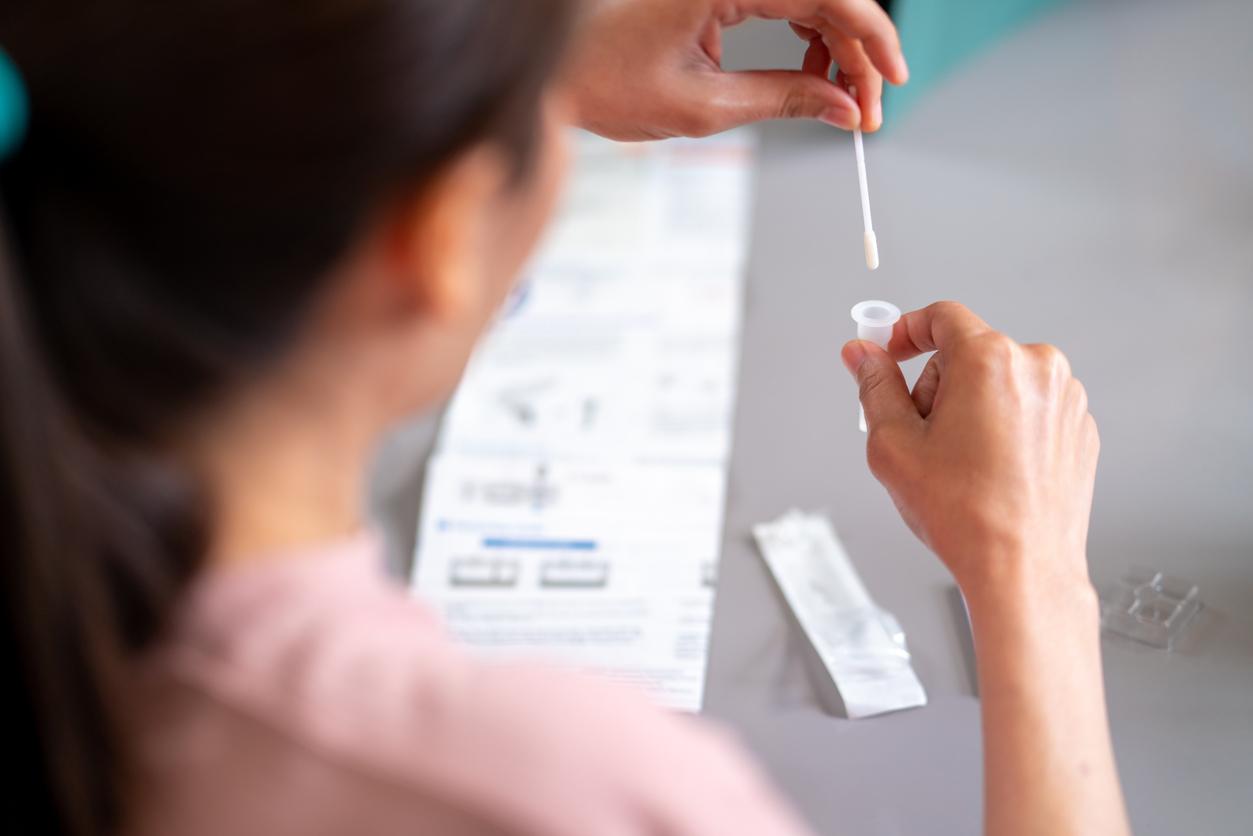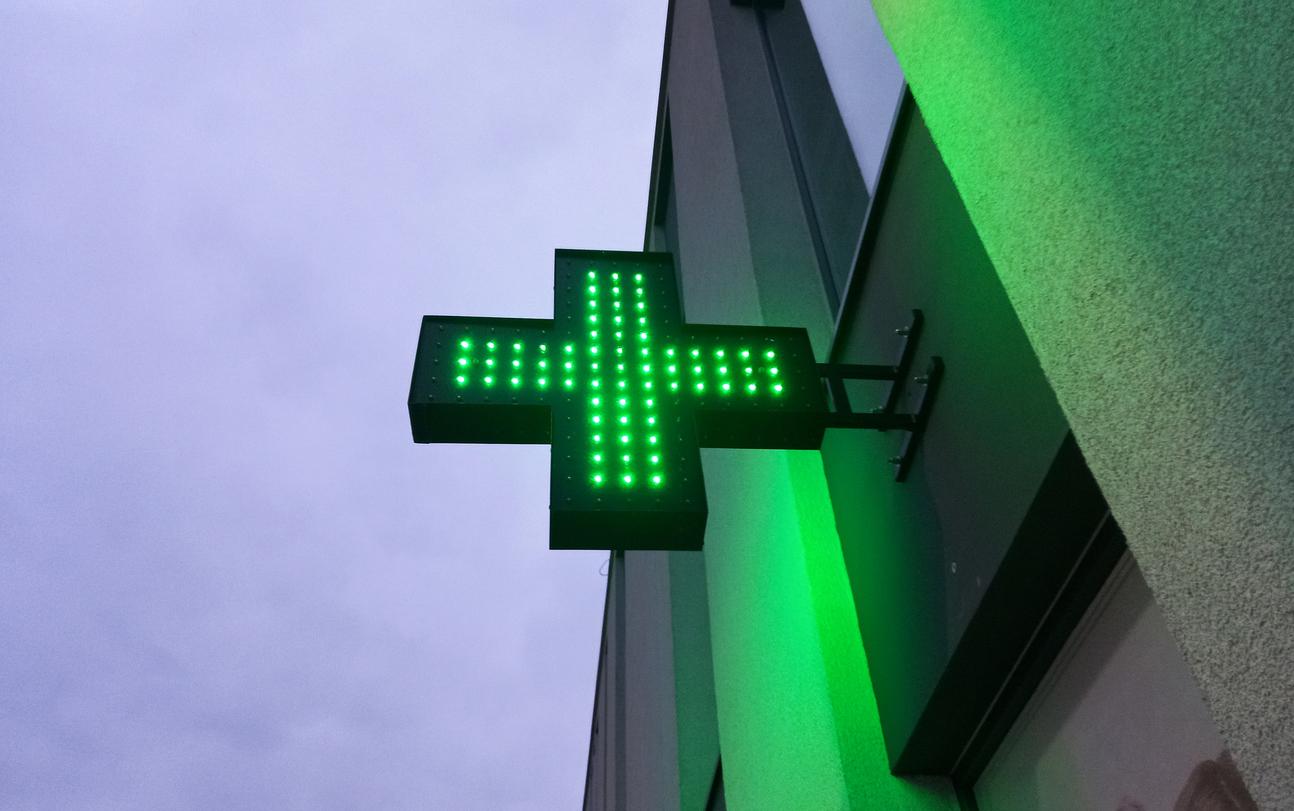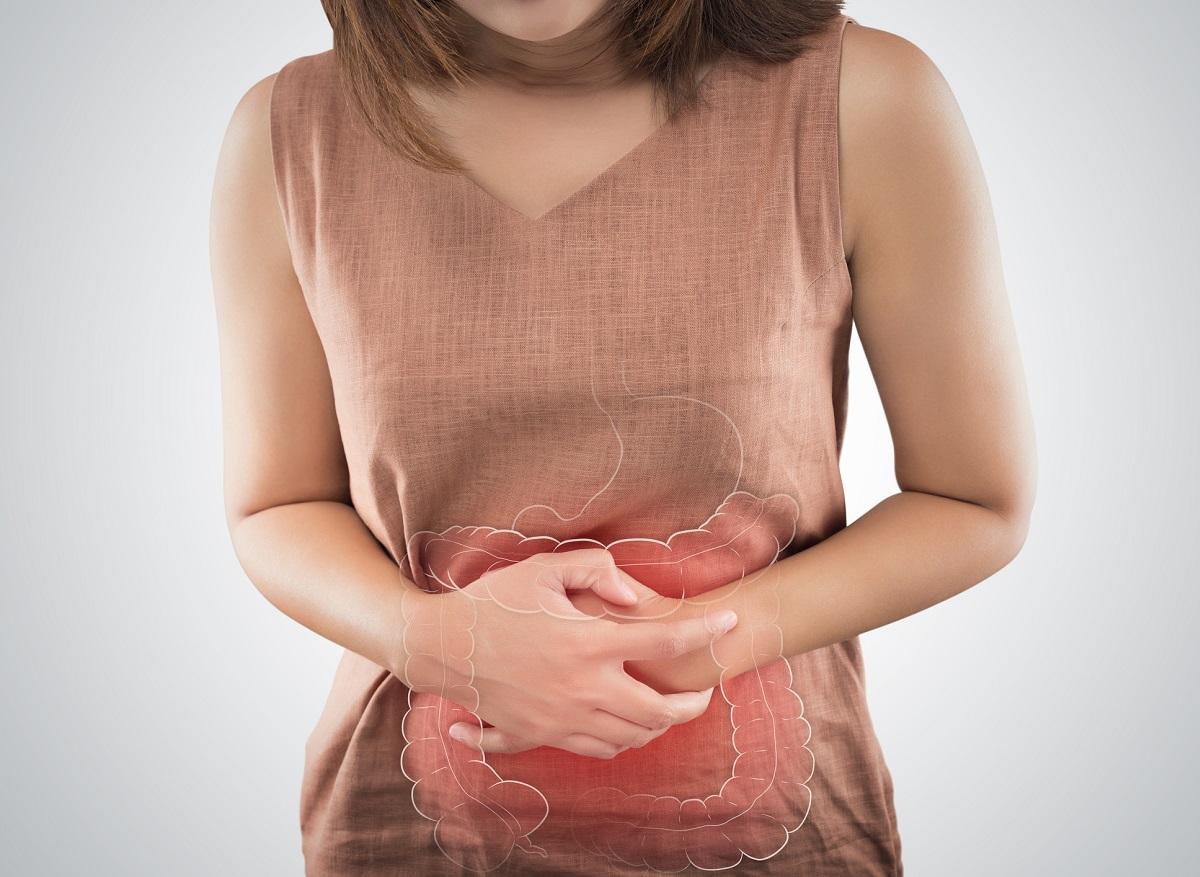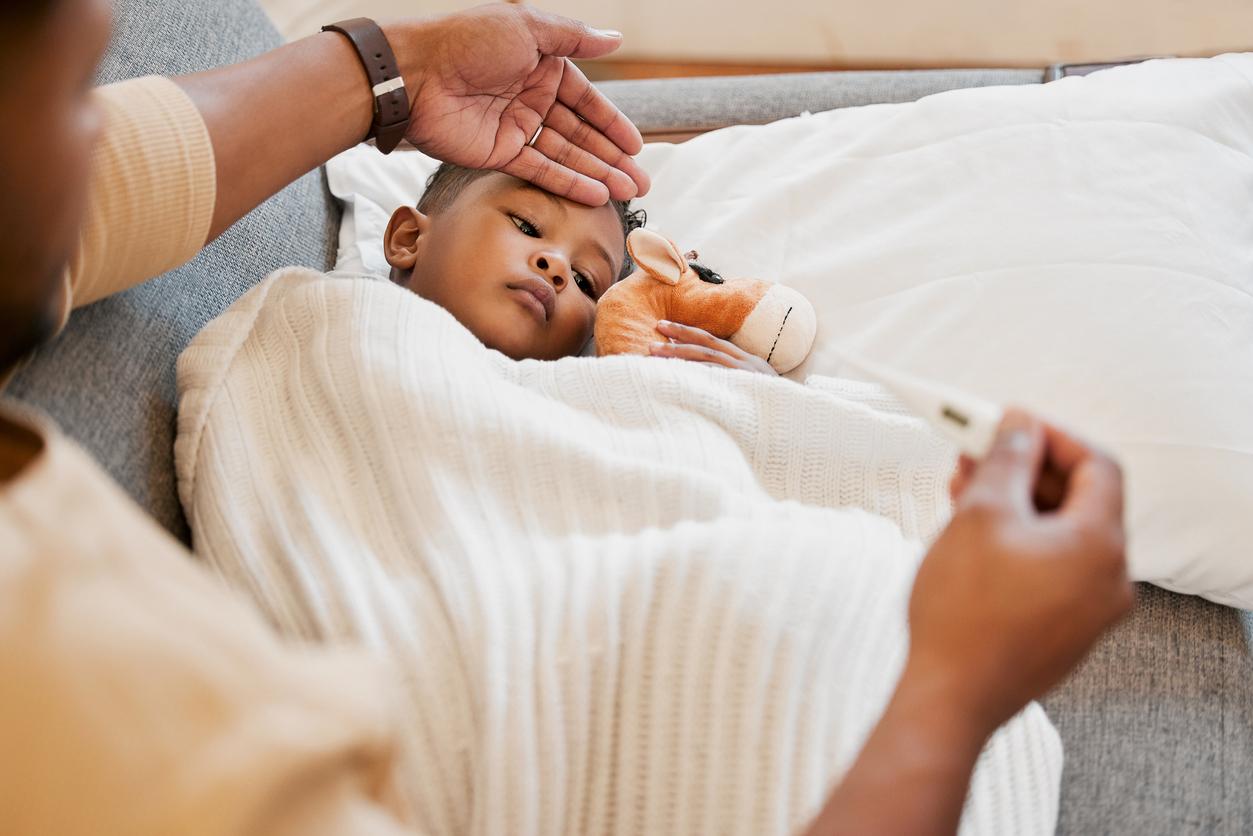Diarrhea is not inevitable. Treatments exist and are very inexpensive. Better access to oral rehydration could save 20,000 children, researchers have estimated.

Many fatal diarrhea could be prevented in sub-Saharan Africa. Without adequate treatment, 700,000 children under the age of 5 die each year from diarrheal disease. Half of them come from sub-Saharan Africa. No wonder, according to a study published on April 14 in theAmerican Journal of Tropical Medicine and Hygiene : many private health structures do not provide the appropriate treatment for the rehydration of children.
50 cents per treatment
This study, carried out between 2003 and 2011, is the largest to date looking at diarrheal diseases in children. It includes 19,000 children from 29 African states. Among them, the majority went to a public health establishment (71%), an average proportion to a private structure (20%) and a small proportion to structures managed by NGOs (5%). It was only in Chad that the private sector treated young patients with diarrhea better. In the other states, public hospitals were best able to provide the standard treatment: rehydrating salts mixed with water.
In most areas, the population suffers from a lack of accessibility to oral rehydration treatments. Some seem more disadvantaged than others: in a private establishment, a child with diarrhea is 22% less likely to receive appropriate treatment. “We estimate that by reducing the gap between public and private care, we could save the lives of 20,000 children under 5 in sub-Saharan Africa,” calculates Dr. Neeraj Sood, lead author of the study. . It’s not a question of cost: oral rehydration treatments only charge 50 cents per treatment. Their effectiveness is also proven: since their introduction in 1980, deaths from diarrheal disease have fallen by two thirds.
Public-private and rich-poor disparities
People in rural and poor areas are particularly affected by disparities for several reasons. In the countryside, the probability of a patient going to a pharmacy is 41%. However, these structures are the least able to offer the right treatment, according to the study. Poor children are also disadvantaged in terms of health: they are 4% less likely to receive oral rehydration treatment in the public, 14% less in the private.
These results are all the more significant as private health establishments “are settling more and more in the underserved empty areas of sub-Saharan Africa”, according to Zachary Wagner, co-author of the study. It is not so much the absence of oral rehydration treatments that worries the researcher, but rather the administration of inappropriate or even dangerous treatments. It also points to the inaction of governments, which “monitor very little” the quality of care provided in private structures.
.









